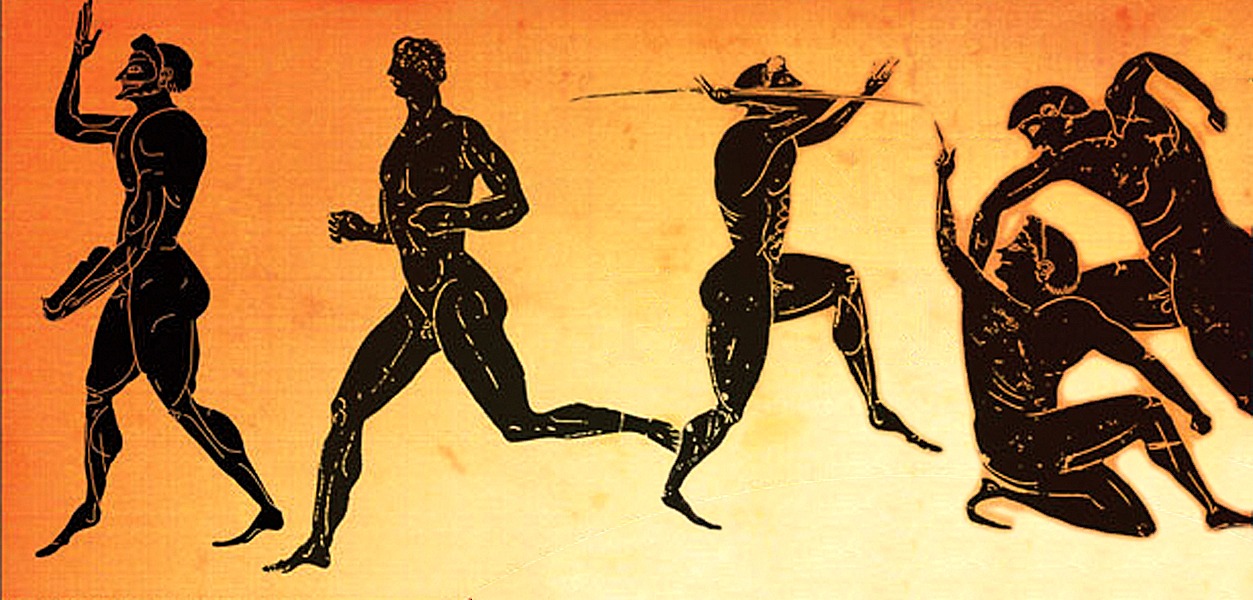This is the last of four posts addressing nudity and society. The first three in the series will stand alone. These three articles are not fully referenced, hence this fourth and last article contains a selection of useful links supporting aspects of the first three articles. In addition a Google search on “nudity society body acceptance” (or similar) will find many additional articles (academic and otherwise) relevant to the whole series.
Read Article I. Read Article II. Read Article III.
The links below are presented without commentary, in order for readers to make their own judgement of the arguments presented (as is indeed true for the previous three articles). Some of the linked items present academic research; while many are opinion pieces which appear to be grounded in verifiable fact. However, as with all such opinion pieces, caveat emptor applies.
British Naturism, https://www.bn.org.uk
International Naturist Federation (INF), https://inf-fni.org
British Naturism Written Evidence to Parliament, 2020, https://committees.parliament.uk/writtenevidence/16087/pdf/
Why is Nudity Such a Big Deal?, https://kamilamurko.substack.com/p/why-is-nudity-such-a-big-deal
Why has nudity been a strong taboo in most societies for so long?, https://naturistplace.substack.com/p/why-has-nudity-been-a-strong-taboo
Benefits of social nudity: stress reduction, general health, https://naturistphilosopher.wordpress.com/2015/03/12/benefits-of-social-nudity-stress-reduction-general-health/
Beyond Hypocrisy and Fear, https://kamilamurko.substack.com/p/beyond-hypocrisy-and-fear
We Left Shame Behind… and We’re Not Going Back!, https://ournaturistlife.substack.com/p/we-left-shame-behind-and-were-not
The naked truth – research finds nudism makes us happier, https://www.gold.ac.uk/news/naked-and-unashamed/
I Feel Better Naked: Communal Naked Activity Increases Body Appreciation by Reducing Social Physique Anxiety, https://pubmed.ncbi.nlm.nih.gov/32500740/
On Nudity and Naturism, https://zenmischief.com/on-nudity-and-naturism/
Naked and Unashamed: Investigations and Applications of the Effects of Naturist Activities on Body Image, Self-Esteem, and Life Satisfaction, https://link.springer.com/article/10.1007/s10902-017-9846-1
The Naked Truth About the Sauna, https://kamilamurko.substack.com/p/the-naked-truth-about-the-sauna
Hate Your Body? Public Nakedness Might Change That, https://www.psychologytoday.com/gb/blog/all-about-sex/202211/hate-your-body-public-nakedness-might-change
How to Normalize Naturism in Modern Society, https://justnaturism.com/how-to-normalize-naturism-in-modern-society/
The Naked Truth: How Desexualizing Nudity Builds a More Civilized Society, https://medium.com/@LazySith/the-naked-truth-how-desexualizing-nudity-builds-a-more-civilized-society-31ac0c574b64
Naturism, Sex, and All the Messy Bits We’re Not Supposed to Say Out Loud, ttps://ournaturistlife.substack.com/p/naturism-sex-and-all-the-messy-bits
When “Nudity Equals Sex” Stops Working: What Sparks Desire Instead, https://ournaturistlife.substack.com/p/when-nudity-equals-sex-stops-working
How a Lack of Healthy Nudity Exacerbates Body Dysmorphia and the Hypersexulisation of Society, https://www.beaconssaministry.org/musings-of-a-queer-saint/lack-of-healthy-nudity-effects
Desire Isn’t a Committee Decision, https://kamilamurko.substack.com/p/desire-isnt-a-committee-decision
The Difference Between Skin and Performance, https://kamilamurko.substack.com/p/the-difference-between-skin-and-performance
Beyond Hypocrisy and Fear, https://kamilamurko.substack.com/p/beyond-hypocrisy-and-fear
A History of the Nude in 10 Works, https://www.sothebys.com/en/articles/a-history-of-the-nude-in-10-works
BN Children Deserve Better Report 2016, https://www.bn.org.uk/files/file/740-bn-children-deserve-better-report-2016/
Does nudity harm children?, https://www.planetnude.co/p/does-nudity-harm-children
Think of the children!: Relationships between nudity-related experiences in childhood, body image, self-esteem and adjustment, https://onlinelibrary.wiley.com/doi/10.1111/chso.12743
Naturism and religion, https://naturistplace.substack.com/p/naturism-and-religion
Naturism needs YOU to fight groundless nudity taboos, https://naturistplace.substack.com/p/naturism-needs-you-to-fight-groundless
Nudity and Naturism Quotes, https://zenmischief.com/nudity-and-naturism-quotes/


